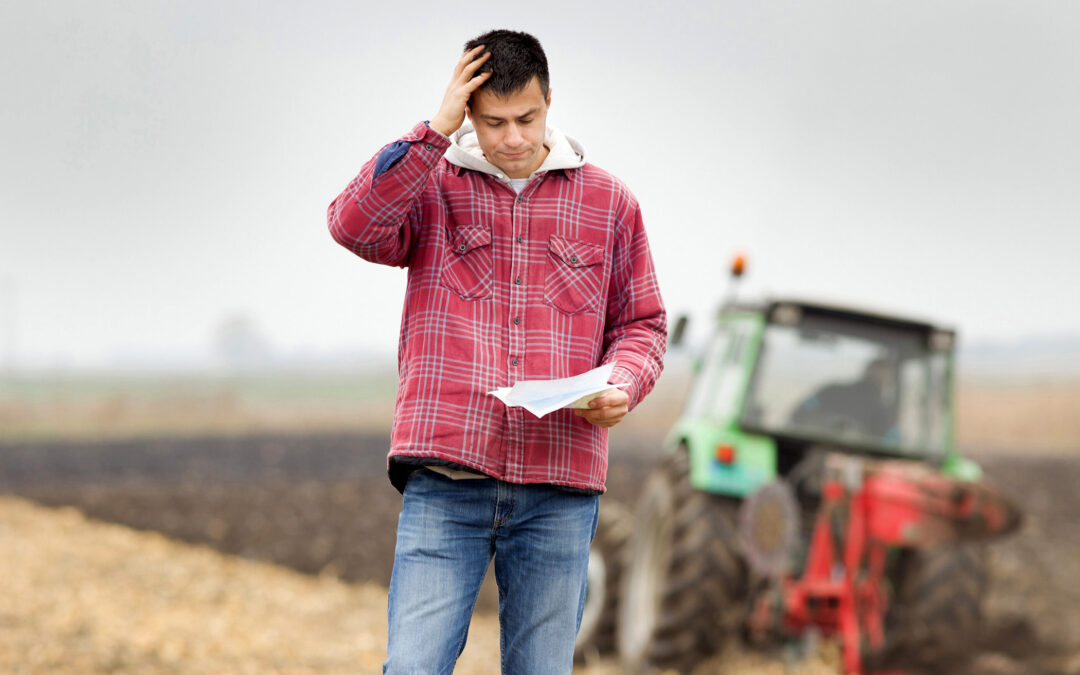The work of our farmers and growers plays an essential part in ensuring the UK’s food security, both now and in the future. The farming industries also make a massive contribution to managing the landscape and the natural environment. Brexit has afforded the government the opportunity to develop policies relevant to the UK. ELM – Environmental Land Management – is one such scheme introduced by the government. In effect it is intended to replace and improve upon various EU initiatives and is central to government policy. However, the impact on farm subsidies meant it has been met with caution.
The Environmental Land Management Scheme is actually three schemes:
- The Sustainable Farming Incentive which Defra began piloting this year will be fully introduced from 2022 when farmers will be paid to manage their land in an environmentally sustainable way.
- The Local Nature Recovery Scheme is designed to encourage collaboration between farmers in order to improve the local environment. Payment will be made for actions that support local nature recovery and benefit environmental priorities. Piloting will commence in 2022 and the scheme will launch in 2024.
- The Landscape Recovery Scheme will involve long-term projects that support landscape and ecosystem recovery such as restoring wilder landscapes in places where appropriate, tree-planting and restoration of salt marshes and peatland. Piloting will commence in 2022 with the intention of launching in 2024.
While the environmental and ecological credentials of ELMS are undisputed, post-Brexit subsidy reform is one of the biggest concerns for farmers in the coming years. When the Basic Payment Scheme (BPS) disappears over the next seven years, 42% of farms will potentially be lossmaking. Not only would this be devastating to the farming community and the UK’s prospects for food security, it would change the dynamics of the countryside.
Some details about the Environmental Land Management Scheme are starting to come out and it could be quite helpful for some farms, particularly those farms with the capacity to diversify into providing access to the countryside through profit-making enterprises such as glamping or retreats. However, for smaller farms without the land to put into the scheme or the resource to adapt the outlook could be bleak. Tenant farmers may also face challenges accessing ELMS funding as the terms and duration of their lease could prohibit them from taking part in the schemes altogether.
A few figures around withdrawing from BPS:
• Average Farm Business Income (roughly equates to accounting profit) was £37,000.
• Direct payments comprised 61% of FBI. Rising to 83% for tenants and 98% for farmers in the Northeast.
• Direct payments made up 9% of total farm revenue on average and 21% in Less Favoured areas.
• 42% of farms would have made a loss without direct payments. These farms would need to reduce costs by 10% to break even – plus whatever they need to live on.
The combination of high product prices, BPS, Brexit and Covid are all good excuses for not doing anything about structural reform and this inertia is inhibiting progress. However, action is needed. Now is the time to project cashflow over the period the direct payments will be reduced, eight out of 10 farms have not done this yet. However scary it may be, you need to know where you stand in order to plan for a sustainable future.
MHA MacIntyre Hudson’s Agriculture Team, share a quick seven point plan to prepare for the future. (1) Quantify the impact of BPS losses. (2) Carry out an analysis of available skills and resources. (3) Benchmark yourself. (4) Go with the governmental flow – identify poor land and put it into ELM. (5) Share land, machinery and staff with neighbouring farms. (6) Diversify where possible. (7) Consider succession or retirement if you cannot make the business work.
One of their top tips, and something being recommended to many of clients, is yield mapping. The maps highlight which areas can be put into stewardship schemes to attract a subsidy and reduce cost inefficiencies of growing a crop on the least productive land.
One thing is for certain, farmers cannot stand still. Being proactive now will pay dividends.
RELATED TALKS
Agritech and the Future of Food with Neil Parish MP and Rosemary Shrager. We discuss the role of agricultural technology in improving crops and driving cost efficiencies.
National Fruit Show 2020: British Produce Futures. A stellar panel including Lord Krebs and Teresa Wickham discuss the role of the fruit industry in feeding future generations, and how the industry can evolve to meet the challenges it faces.
ELM & Commercial Opportunities. A panel led by Luke Pollard, Shadow Secretary of State for Environment, Food & Rural Affairs and Susan Twining, the CLA’s Chief Land Use Policy Advisor, discuss how farmers can transition to ELMS successfully, and find new opportunities.

